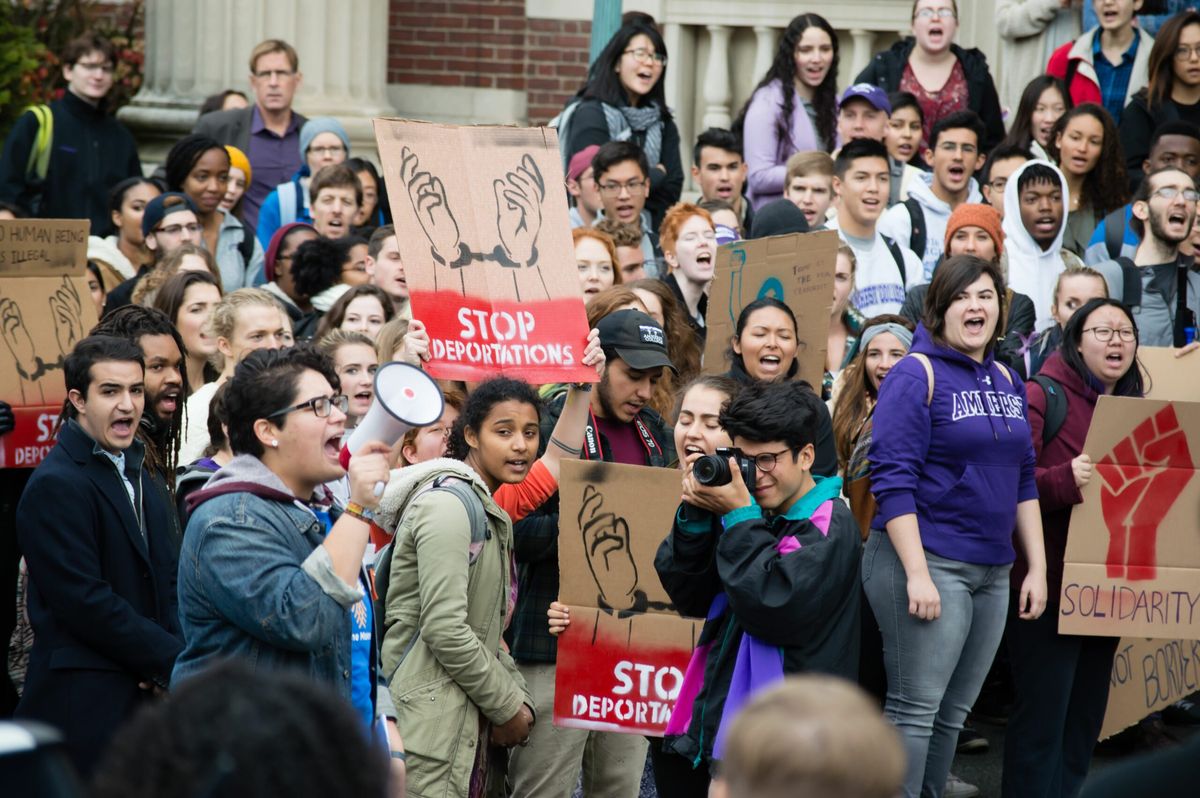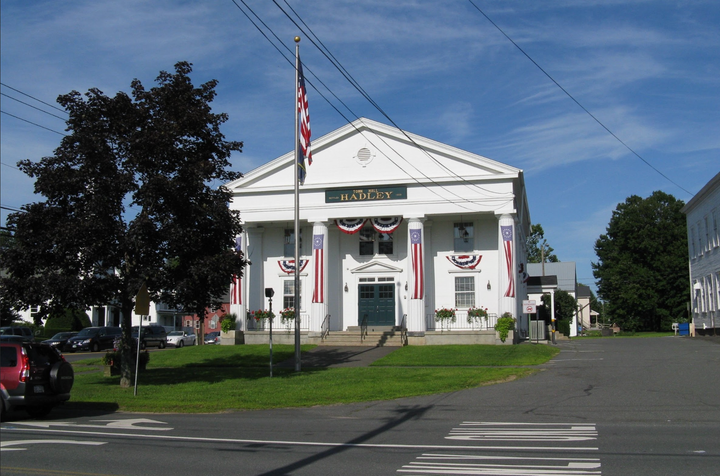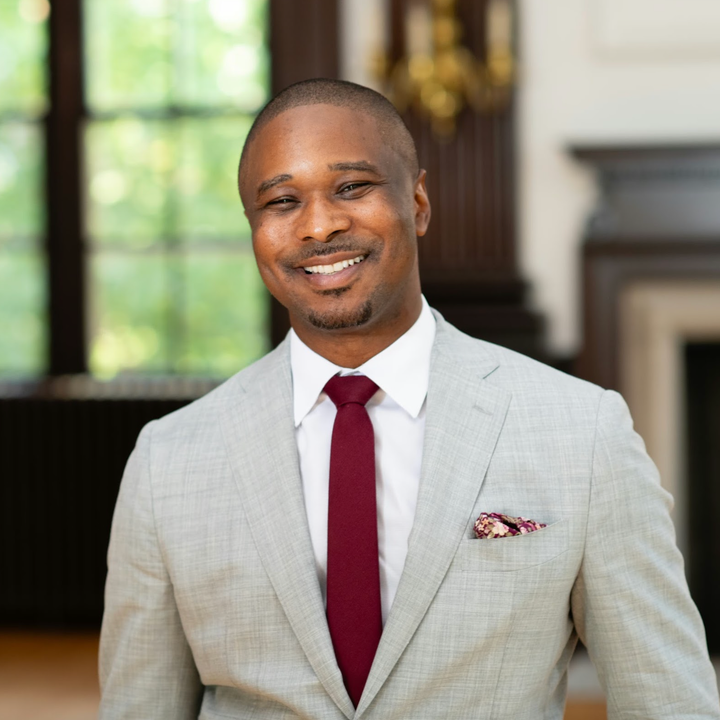College Reaffirms Commitment to Dreamers

President Donald Trump’s contested termination of the Deferred Action for Childhood Arrivals (DACA) program is finally under review by the Supreme Court, and the college has joined 164 other colleges and universities in supporting the continuation of DACA protections. The joint amicus brief, which was submitted to the Supreme Court for consideration on Oct. 4, was organized by the Presidents’ Alliance on Immigration and Higher Education (PAIHE), a group the college joined early last year to support legislation protecting DACA recipients, also known culturally as Dreamers.
The DACA program grants temporary legal status to young undocumented immigrants who arrive in the U.S. at an early age, providing protection from deportation and offering work permits, among other things. The program was established in 2012 by the Obama administration and has faced repeated challenges since. Congress’ repeated failures to pass the bipartisan DREAM Act, which would’ve allowed changes similar to DACA but also provided a path to citizenship, spurred the establishment of DACA by executive action.
After Trump, then a presidential candidate, made undocumented immigrants and DACA a target in his 2016 campaign, the Amherst community reacted in November 2016, with more than 100 students, staff and faculty gathering to protest in front of Converse Hall and call on the college to declare itself a sanctuary campus. Part of the letter presented to President Biddy Martin included a request that the college not release information to any policing agency and a demand for continued support of DACA and DACA students. Days later, Martin wrote in an email to the college community that “we will do everything we can within the limits of the law to support them and fulfill our promise of educational opportunity.”
In September 2017, the Trump administration announced that it planned to phase out DACA, which is estimated to leave between 700,000 to 800,000 DACA recipients at risk for deportation. The administration gave Congress six months to establish legislative protections for Dreamers in place of DACA. Although Congress ultimately failed to do so, several courts issued preliminary injunctions against the program’s discontinuation, allowing renewals of DACA status to continue. Following the six-month period after the announcement of the rescission, U.S. Citizenship and Immigration Services (USCIS), which oversees the operation of DACA, stopped accepting first-time applications for DACA status and requests for advance parole, which allows people with DACA status to legally reenter the country.
This was a blow to undocumented students at the college. According to the college’s Chief Policy Officer and General Counsel Lisa Rutherford, this means that students with DACA status can’t engage in academic study abroad programs or travel for the purposes of research.
“Prior to the September 2017 rescission of DACA, a DACA-status student could travel outside the country for certain purposes, including educational, with an advance parole document,” she wrote. “As advance parole applications are no longer being accepted, DACA students who leave the country without travel authorization likely would be denied reentry.”
The Supreme Court previously declined to hear the case when the government petitioned in early 2018 before it was ruled on by an appeals court. However, the Court has since accepted the petition. The oral arguments for the case, which consists of three consolidated cases from lower courts, are scheduled to begin on Nov. 12. A final decision is expected by summer of next year.
The amicus brief signed by the college is structured around three main arguments: that “DACA has allowed tens of thousands of previously undocumented youth to pursue higher education,” that “DACA students contribute immeasurably to our campuses” and that “the recission of DACA will harm American colleges and universities.” The brief cites multiple letters, statistics, profiles and court cases, including quotes from Carlos Adolfo Gonzalez Sierra ’14, an Amherst alum with DACA status, and a 2017 letter from Martin to Trump on the importance of DACA.
Sierra is quoted in the brief as saying “the United States is my home. It is where I feel the most comfortable.” He also expressed an “inconsolable desire to contribute to the country that has given me so much.”
In a statement to The Student, Martin said that “I reiterate what I wrote in 2017” in her letter to Trump. “When the young people who are able to pursue their dreams in the United States because of the DACA program are allowed to work, pursue an education and give back to the country they call home without the looming threat of deportation, the benefits accrue not merely to them, but to the nation as a whole,” she said.
“The DACA program gives our educational institutions and workplaces access to the talent, creativity and determination of hundreds of thousands of people who are Americans in all but immigration status,” Martin added. “Our classrooms at Amherst are enriched by the academic talent, hard work and perspectives of DACA students who go on to become doctors, teachers, engineers and artists.”
The brief makes similar points about the value of DACA students. “DACA has facilitated the pursuit of higher education by undocumented youth in unprecedented numbers, ensuring that once enrolled, these students are positioned to succeed,” the brief states. “As a result of DACA, thousands of talented and hard-working young people have made significant and wide-ranging contributions to [our] campuses.”
According to Rutherford, the drafting of the brief was a collaborative effort with all of the institutions that signed onto the brief. “Our membership [in the PAIHE] provided an opportunity to participate in the brief, which we enthusiastically embraced from the start,” said Rutherford. “That included providing information to support the arguments and reviewing early drafts.”
The college has previously joined similar letters and briefs in support of DACA. In addition to Martin’s letter to Trump in 2017, the college signed onto a public letter organized by the American Council on Education to congressional leaders on Sept. 16, requesting that they pass “long overdue … bipartisan legislation” addressing protections for Dreamers.
“[R]egardless of the [Supreme] Court’s decision, legislative action will remain necessary,” the letter reads. “The issue should be solved on a permanent basis by Congress. We respectfully urge you to come together on a bipartisan basis to address this challenge by doing the right thing for these outstanding young people and for our country.”
The college also joined five other amici briefs in cases concerning the rescission of DACA in lower courts. Two of these cases were among the three consolidated into the Supreme Court case. Both courts issued the preliminary nation-wide injunctions ordering USCIS to accept applications for DACA status renewal.
The college offers students with DACA status several resources through the Center for Diversity and Student Leadership and other offices on campus. Director of Diversity and Student Leadership Tenzin Kunor was reached for comment, but he directed The Student to Martin and Rutherford’s.
“We provide all of our DACA status students and undocumented students with access to legal advice from an immigration attorney, as needed,” said Rutherford. “In addition, we proactively update those same students on proposed and actual changes to immigration law, including any actions we recommend they consider taking in preparation for or response to any changes.”
In the closely-watched case, the Supreme Court will be tasked with deciding whether the decision to rescind DACA fits within its jurisdiction of review, specifically whether it falls under the domain of non-reviewable “political question.” If it is determined to be reviewable, the Court will also need to decide whether the decision violates either the Administrative Procedure Act (APA) or the Due Process Clause of the Fifth Amendment for being prohibitively “arbitrary and capricious.” Among the petitioners defending the rescission of DACA is Kevin McAleenan ’94, former commissioner of Customs and Border Protection and the current acting secretary of homeland security, a position he is set to leave on Nov. 11.
The case is expected to be contentious and closely divided. The Supreme Court has allotted an extended oral argument period for the case, allowing 80 minutes instead of the normal 60 minutes. Observers have also compared the current case to another Supreme Court decided in 2016 on the Deferred Action for Parents of Americans and extended DACA programs. In its 2016 ruling, the Supreme Court affirmed the lower court’s decision blocking the program in an equally-divided 4-4 vote due to the death of Justice Antonin Scalia. The make-up of the Court has since changed, with Justice Anthony Kennedy retiring and Justices Neil Gorsuch and Brett Kavanaugh joining the Court. Both Gorsuch and Kavanaugh are considered judicial conservatives.
If the Court rules either that the rescission of DACA is a non-justiciable “political question” or that this rescission doesn’t violate the APA or the Fifth Amendment, the Trump administration will be allowed to proceed with the rescission of DACA. For many Dreamers and DACA supporters, the prospect is unsettling.
“Eligible immigrants with DACA status are protected from deportation, receive a temporary Social Security number and are provided a work permit,” said Rutherford. “If the DACA program is eliminated, our DACA-status students will lose these protections and privileges, which means, among other issues, they would be at risk for deportation, cannot hold a job and should not participate in study abroad opportunities, as they may not be allowed to re-enter the country.”
As Shawna Chen ’20 reported in The Student in 2016, Bryan Torres ’18E, one of the college’s most prolific DACA recipients, was always worrying about his undocumented status before DACA was implemented. “I didn’t know I was doing something that could be considered illegal,” he told Chen. “I constantly felt the fear of being sent out of the country even though my family is all here.” According to Chen, “it was only after President Barack Obama issued an executive order for the Deferred Action for Childhood Arrivals (DACA) that Torres finally felt his fear of deportation ease.”
Citing the trials of his own story, Torres called for empathy from those who oppose undocumented immigration. “Put yourself in others’ shoes,” he told Chen. “Before you discriminate against someone, think about the background of the person and why the did what they did — your life is completely different. But if you put yourself in someone’s shoes, I think you’ll understand more what it’s like.”
“If DACA is rescinded, the college will work with each impacted student to determine what resources they may need, including providing access to legal counsel,” Rutherford added. “We fervently hope DACA will not be overturned.”




Comments ()